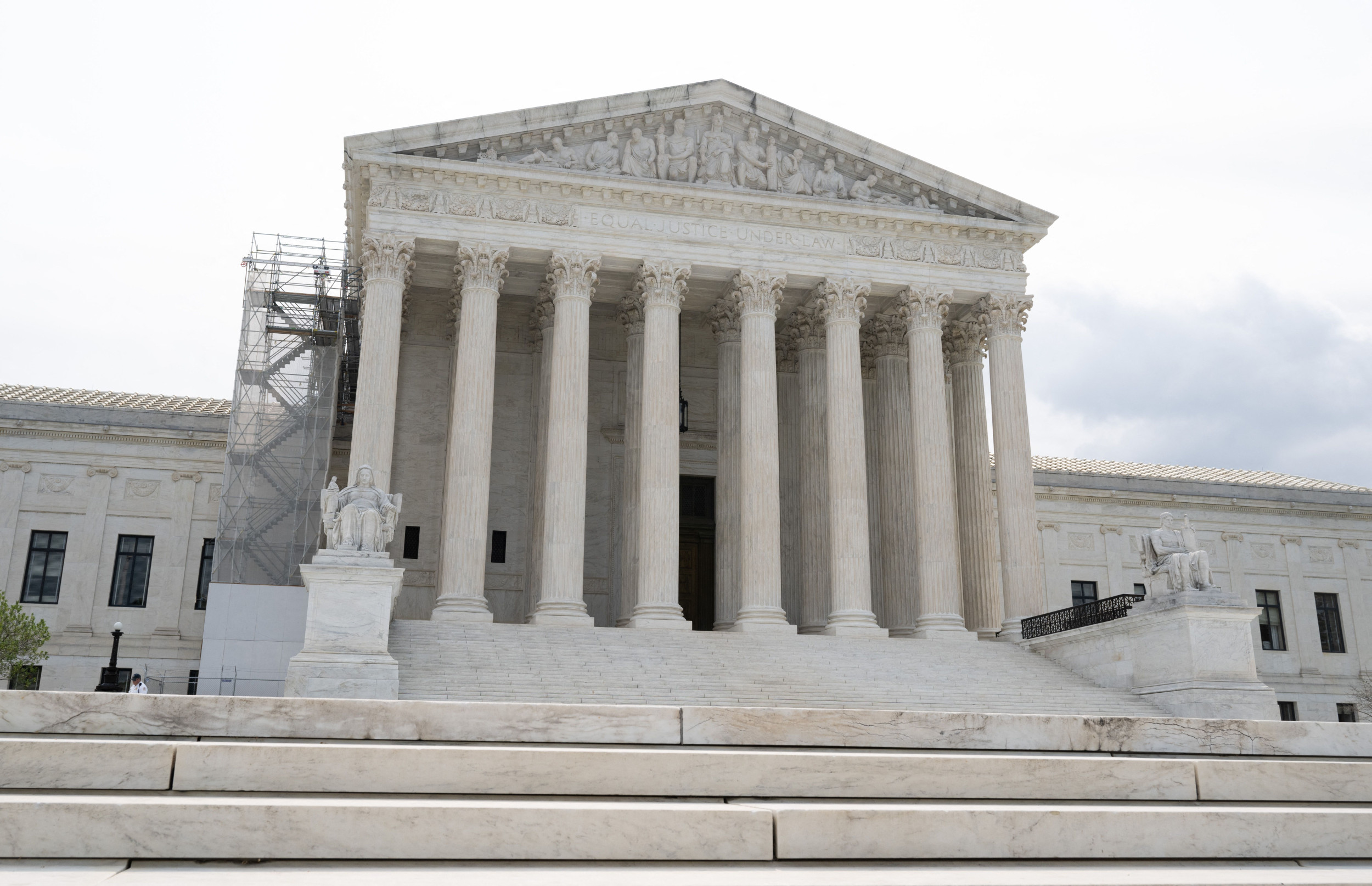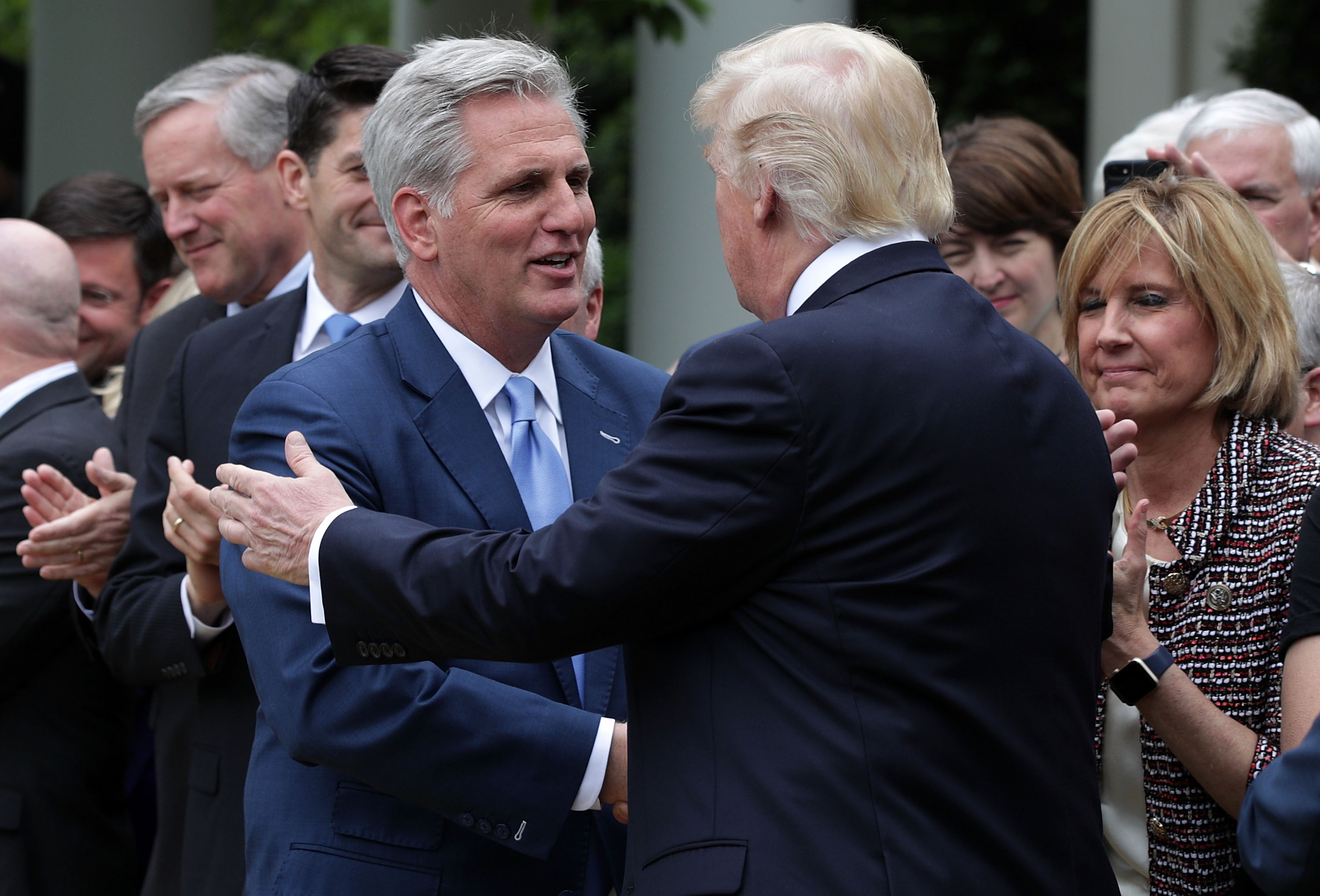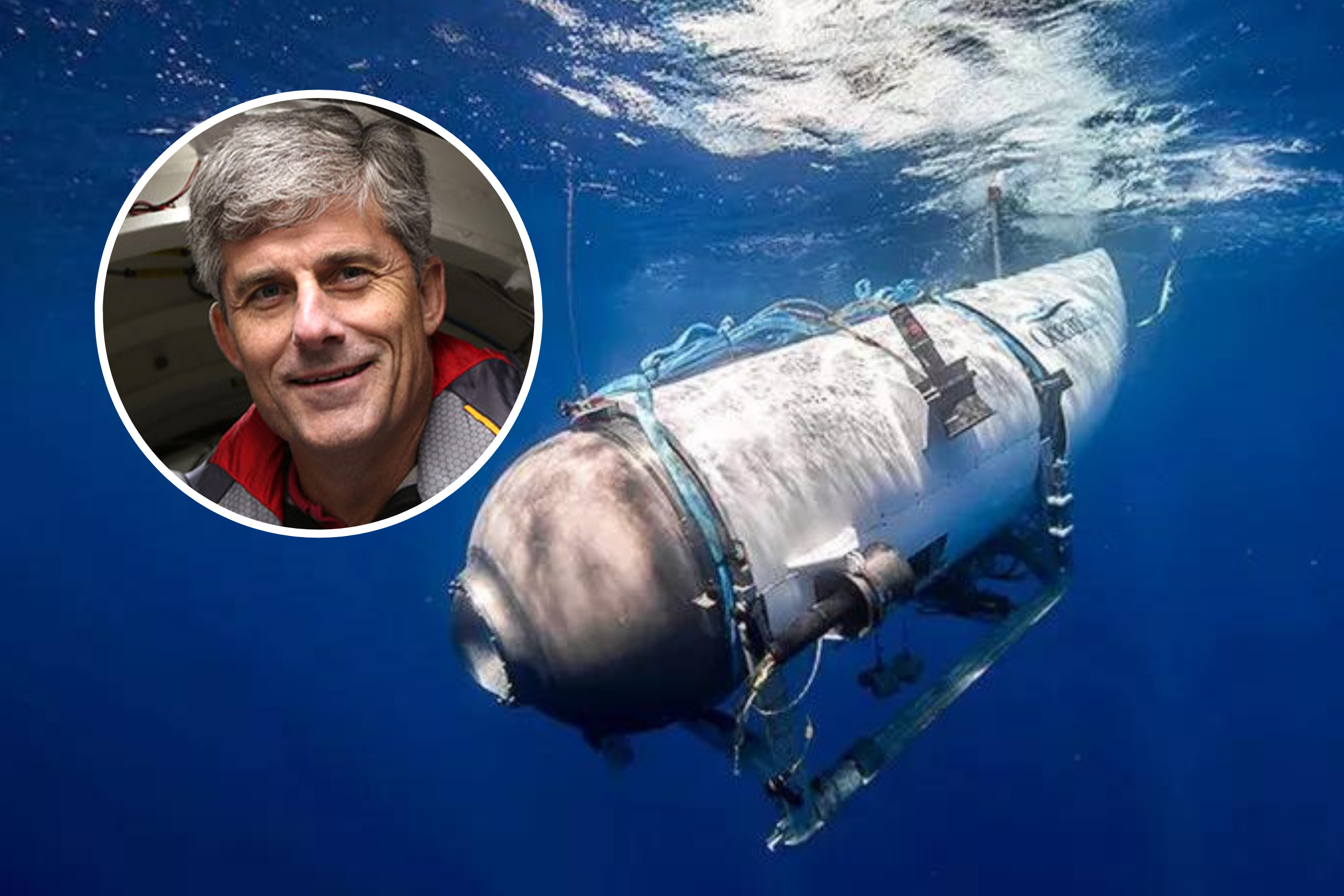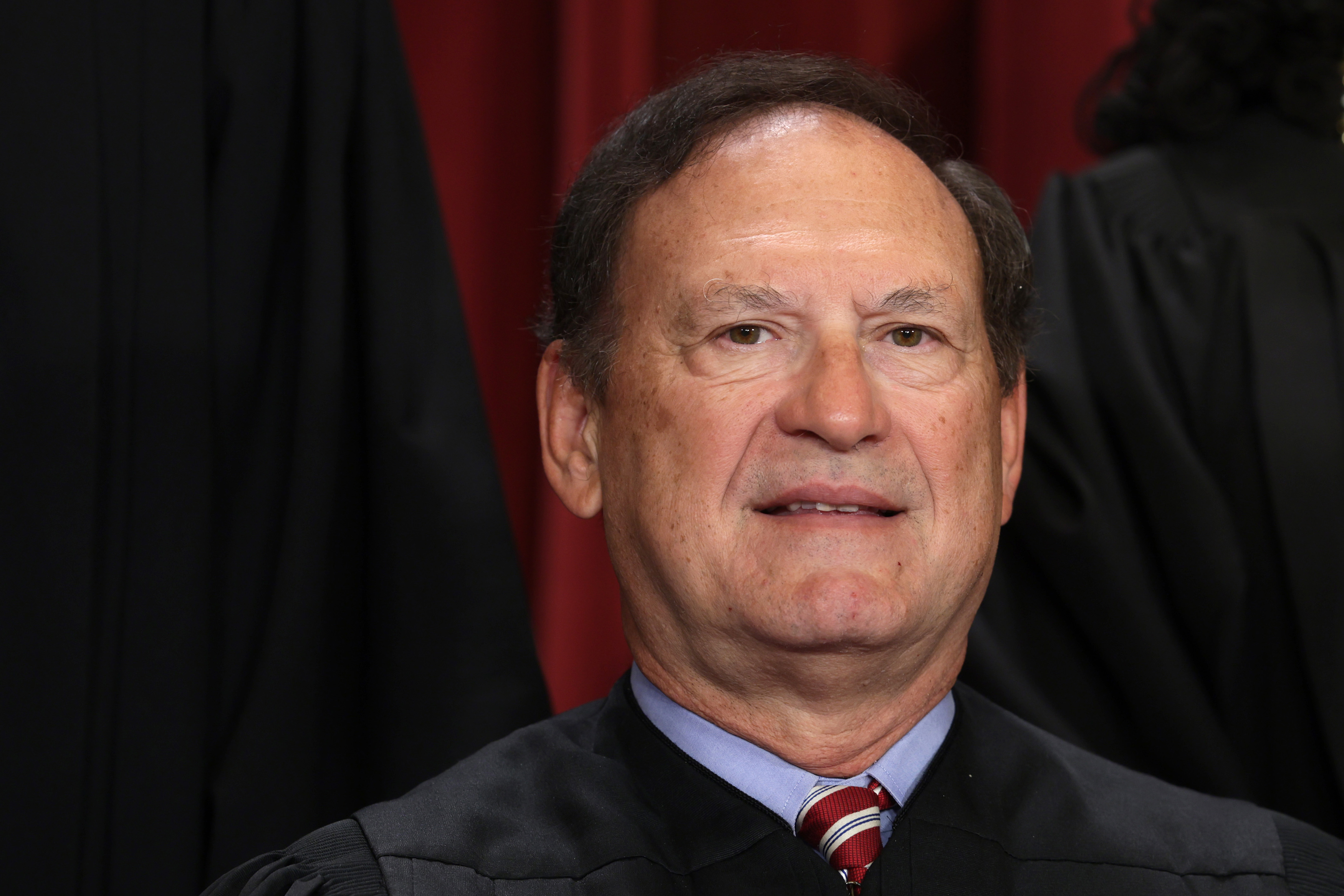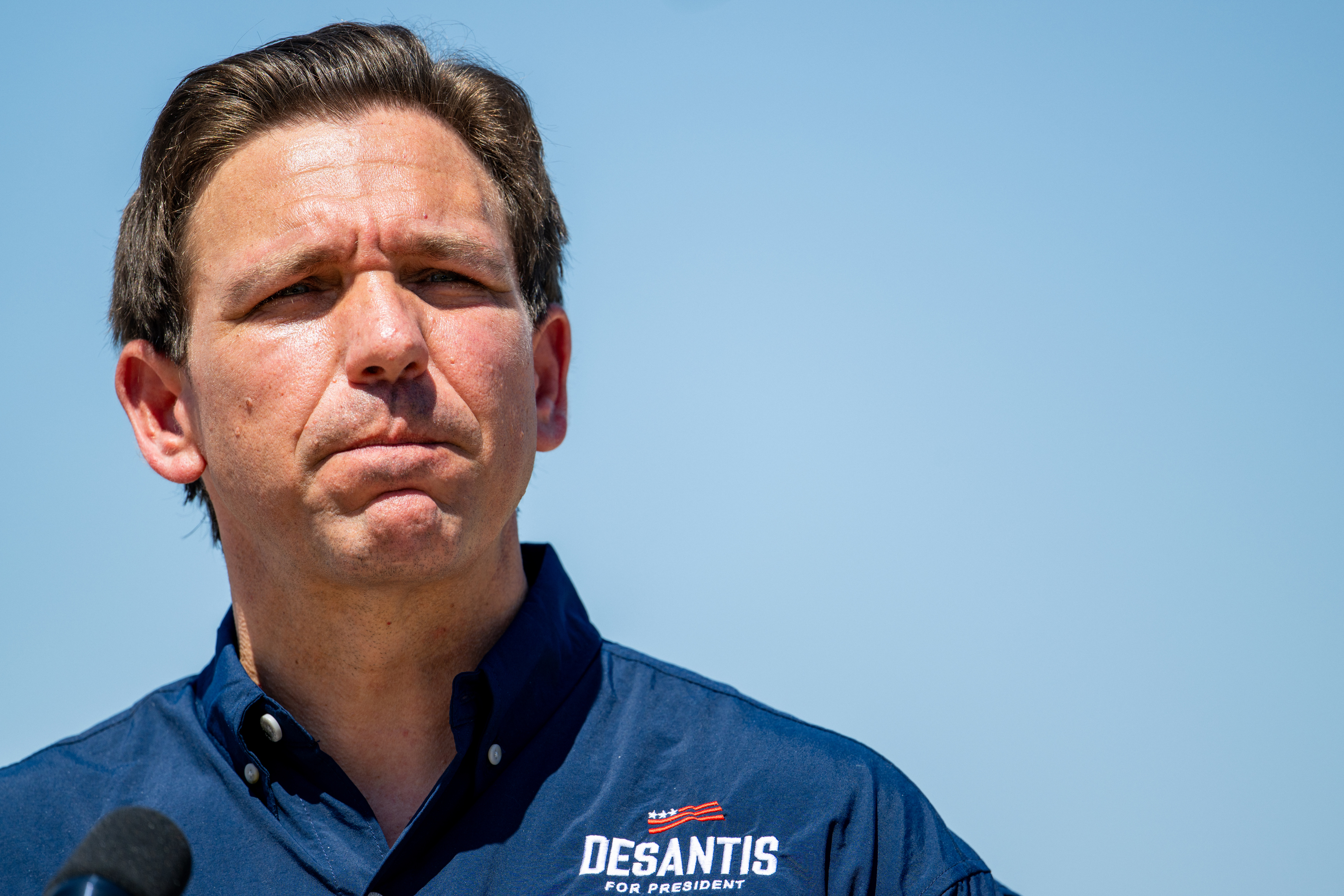We should be near a breakthrough on the question of how the COVID-19 pandemic began. The Wall Street Journal recently reported that U.S. officials have identified three researchers at the Wuhan Institute of Virology who were sickened with a mysterious illness in November 2019. One of these researchers, Ben Hu, is reported to have studied bat coronaviruses, and reportedly did work on how they infect humans. (Hu denies having been ill.) And over in the U.K., the Sunday Times reports that State Department investigators who scrutinized "top-secret intercepted communications and scientific research" concluded that "Chinese scientists were running a covert project of dangerous experiments, which caused a leak from the Wuhan Institute of Virology and started the Covid-19 outbreak."
Though we should treat the new evidence with skepticism, coming as it does from statements by anonymous U.S. officials, who have certainly been responsible for falsehoods before, we're clearly getting closer to a definitive answer to the question of how the catastrophic COVID-19 pandemic actually began.
Amazingly, not everyone feels that way—or feels the urgency of arriving at a definitive answer at all. The day after the WSJ's report, the New York Times quoted senior intelligence officials who remained "more convinced than ever that the agencies are not going to be able to collect a piece of evidence that solves the puzzle." As an intelligence matter, officials told the New York Times, "the trail has run cold."
How could they possibly believe this, with crucial new evidence coming out about the research done at the WIV and the possibility that a coronavirus researcher was patient zero? We should be hotter on the trail than ever before. But there are plenty who would prefer the investigation be dropped with a shrug.
That includes President Biden, apparently. After initially ignoring a law requiring it to declassify the information it has on the origins of COVID by a certain date, the Biden administration finally released a perfunctory report through the Office of the Director of National Intelligence (DNI). Despite its brevity, the report contains plenty of alarming information: Scientists at the WIV "genetically engineered coronaviruses" using "techniques that could make it difficult to detect intentional changes," and "some WIV researchers probably did not use adequate biosafety precautions at least some of the time prior to the pandemic in handling SARS-like coronaviruses." There was "a shortage of appropriately trained personnel" and "WIV researchers performed SARSlike coronavirus experiments in BSL-2 [a lower safety level] laboratories, despite acknowledgements going back to 2017 of these virus' ability to directly infect humans through their spike protein and early 2019 warnings of the danger of this practice." The report also confirms that the WIV workers who fell sick "had historically conducted research into animal respiratory viruses."

And yet for all that, the report reads like another attempt to throw our hands up and say "We'll never know." As Mike Turner, Chair of the House intelligence committee, noted, instead of declassifying intelligence about the WIV to help us get closer to an answer, the DNI "did a paper on what they believe about the intelligence," concluding simply that it's all inconclusive.
The debate about where the virus came from has been frustrating from the start. Elected officials and the media have, for the most part, shown a kind of passive, blasé attitude toward the question, as if the issue of whether COVID came from a lab or a market is a purely academic one, interesting only for filling out the historical record.
On the contrary, it could not be more important. What if the "lab leak hypothesis" is true? It could mean that the U.S. itself, along with China, funded dangerous virus research that was known to be dangerous at the time, and this reckless experimentation resulted in the deaths of nearly seven million people worldwide and counting, not to mention the devastating effects on economies, mental health, and education, as well as lifelong health effects for COVID survivors.
If "gain of function" research did cause this pandemic, it may be the worst man-made disaster in the history of humanity. It makes Chernobyl and the sinking of the Titanic look like minor incidents. The pandemic has been a global holocaust. If human misbehavior did this, there need to be investigations and prosecutions.
This is not a question of mere scholarly interest. We have to figure out how this happened so that it never happens again. If it's true that WIV scientists were conducting risky experiments with inadequate safety precautions, global standards for biosafety need to be substantially tightened.
How do we know that the next lab accident won't kill even more people? Plenty of people were warning before the pandemic that it was only a matter of time before a virus escaped a lab to kill millions.
If this whole disaster resulted from a lab, there needs to be accountability, because it will mean the pandemic was not just a tragedy, but a crime, and a crime for which U.S. officials like Dr. Anthony Fauci may bear some personal responsibility.
Yet there seems to be very little interest in finding out the answers. There has been little coverage of the explosive reports in the Journal and Sunday Times or pressure on the Biden administration to fully disclose what it knows.
The problem is not just that we don't know where COVID came from, but that too many people don't seem to want to know. But they should. As Zeynep Tufekci recently commented, it's scandalous for the government withhold information that could help us find out.
We have to solve this mystery, not just so that any negligent actors who caused the disaster are held responsible, but to save the millions of future lives that will be imperiled if we fail to put measures in place to stop another such incident from occurring. "We might never know" is simply not good enough.
Nathan J. Robinson is the editor in chief of Current Affairs magazine and the author of Responding to the Right: Brief Replies to 25 Conservative Arguments.
The views expressed in this article are the writer's own.
